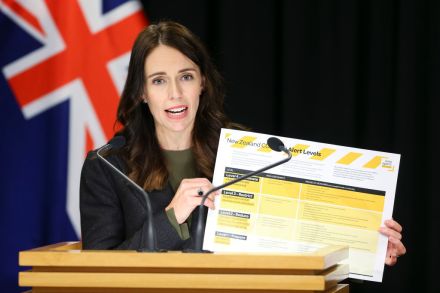Covid’s legacy: how will China remember the pandemic?
48 min listen
Three years ago, as people across China welcomed the Year of the Rat, a new virus was taking hold in Wuhan. In London, the conversation at my family’s New Year dinner was dominated by the latest updates, how many masks and hand sanitisers we’d ordered. Mercifully, Covid didn’t come up at all as we welcomed the Year of the Rabbit this weekend, though my family in China are still recovering from their recent infections. The zero Covid phase of the pandemic is well and truly over. So what better time to reflect on the rollercoaster of the last three years? In exchange for controlling the virus, China’s borders were shut









